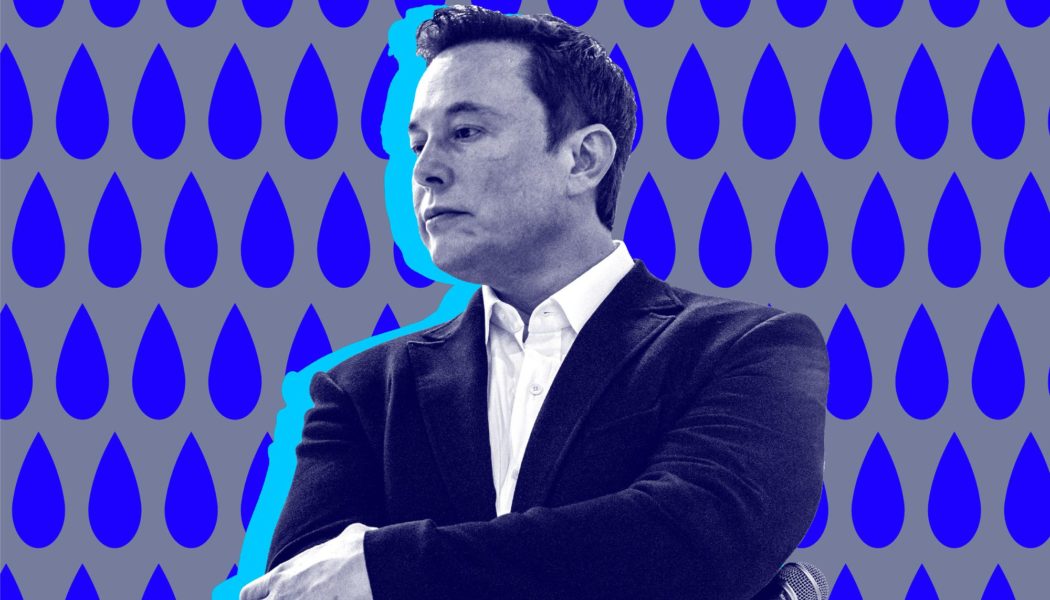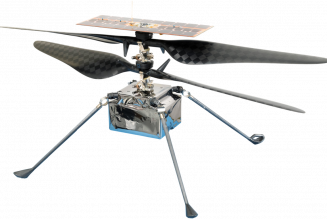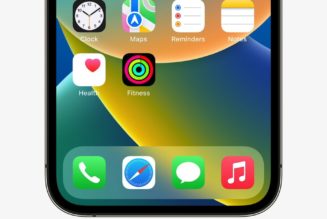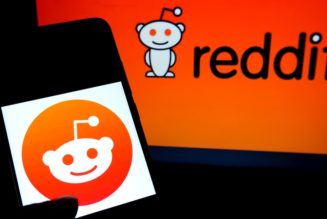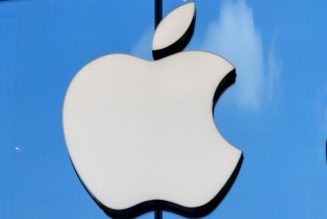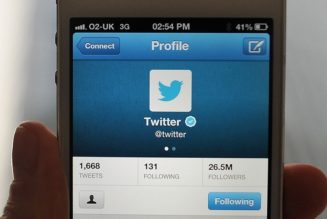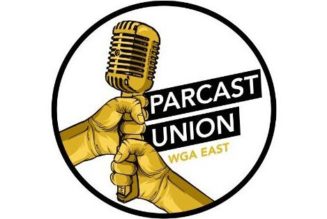The feature is still down on iOS.
/cdn.vox-cdn.com/uploads/chorus_asset/file/24090221/STK171_VRG_Illo_11_Normand_ElonMusk_11.jpg)
Last night, Elon Musk popped into a Spaces chat discussing his move to ban a bunch of journalists’ accounts from the platform. Confronted by Buzzfeed News’ Katie Notopoulos and The Washington Post’s Drew Harwell (who was one of the banned reporters) on how he can claim to support free speech while also ejecting journalists who report information about him that he does not like, Musk stuck to his refrain of “you dox, you get suspended.” (The banned users had not, in fact, doxxed him.) He dipped out when pressed further.
Within hours, Twitter Spaces was at least partially removed from the platform, with users saying they were unable to access it on iOS or Android. Musk claimed that the feature was removed to fix a newly identified bug: that banned users like Harwell were able to join a Spaces chat, which is genuinely an issue that Twitter ought to remedy. But under normal circumstances, it’s easy to imagine this bug being quietly updated when the fix was ready. The swift and extreme response of removing the vertical until it is fixed feels personal.
Quick recap of what led to this: since acquiring Twitter in October (was it really only October?), Musk has insisted that the platform would be a haven of free speech absolutism, leading to a rise in the level of hate speech. Meanwhile, he has quashed accounts making fun of him, fired employees who dared to be critical on the platform, and banned an account tracking his private jet despite having previously said he would not ban it. The account, @ElonJet, used publicly available information to track the jet’s whereabouts. Several journalists, including Harwell, CNN’s Donie O’Sullivan, and The New York Times’ Ryan Mac, reported on the ban from their accounts and linked to the information. On Thursday night, they were banned as a result.
In a running theme, the ElonJet and journalist bans were justified by a rule Musk had just made up. Twitter’s head of trust and safety, Ella Irwin, told The Verge of an update to Twitter’s terms of service that prohibited the sharing of “live location information, including information shared on Twitter directly or links to 3rd-party URL(s) of travel routes.”
Despite being banned from posting, some sort of glitch on Spaces allowed ElonJet and Harwell to show up to the chat. Musk didn’t like that, and he definitely didn’t like being put on the spot (to be fair, he is still reeling from getting booed in real life at a Dave Chappelle show). After Musk’s disastrous appearance,Spaces was at least partially disabled without warning. “We’re fixing a Legacy bug. Should be working tomorrow,” Musk tweeted in response to a user asking why the feature was no longer available.
That timeline may prove tricky because, as I reported last week, he got rid of most of the Spaces team through layoffs and “hardcore” purges. As of 1PM ET, it’s still down on iOS. It appears to be available to at least some Android users, and desktop users can listen in on Spaces chats (but not participate).
The unfortunate thing about the Spaces shutdown is that Twitter is pretty much the only company that has managed to make live audio work on a sustained basis. Spotify Live is a shell, Clubhouse has fallen from its pandemic highs, and Facebook’s live audio feature has been transformed beyond recognition. Spaces is easy to use and is in the exact right place to get a bunch of people who just want to run their mouths. But assuming that Spaces comes back, today or otherwise, there will inevitably be something else in there that pushes Musk to the edge. And when that happens, he will not hesitate to take it away or institute arbitrary rules to protect his own ego.
